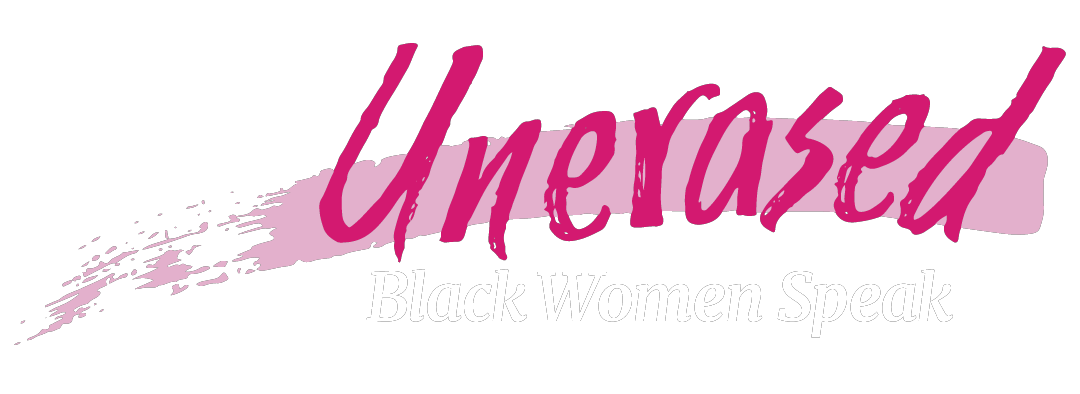“I put forth and I maintain: If I was White, I wouldn’t have to go through that.”
That was Susan Moore, from her hospital bed in Indianapolis, where she was being treated for covid-19, and where, an oxygen tube in her nose, she summoned the strength to post a Facebook video about her treatment.
That was Dr. Susan Moore, family physician, University of Michigan Medical School graduate, Black woman. She described how the White doctor treating her “made me feel like I was a drug addict,” refusing to prescribe her additional narcotics when she complained of pain — even though he knew she was a fellow physician. She related how he rejected her plea for additional doses of remdesivir; how “he did not even listen to my lungs, he didn’t touch me in any way”; how he suggested she should just go home.
“This is how Black people get killed, when you send them home and they don’t know how to fight for themselves,” Moore said.
If anyone knew how to fight for herself, it would have been Moore. Still, she was sent home. Less than three weeks later, she was dead, at 52.
The deaths of Mr. George Floyd and so many others mistreated, injured or killed at the hands of our policing system have made us accustomed to seeing the video. But injustice in health care is rarely broadcast from cellphone videos or shared for thousands to witness.
This injustice often remains invisible to the public — unless, of course, you are a member of the community experiencing it.
And the disease has taken a devastating toll, physical and emotional, on the nation’s health-care workers and the system as a whole.
Moore’s video offers a glimpse — even more enraging and heartbreaking in light of her death — of the injustice at the intersection of being a health-care provider and being a person of color during covid-19, and what happens when the system does not work to adequately care for the very people who are there to uphold it.
Her experience offers stark confirmation that there remains a system of structuring opportunity and assigning value based on skin color in this country. That system has a name: racism. No matter how well-intentioned our health-care system is, it has not rooted out the false idea of a hierarchy of human valuation based on skin color and the falser idea that, if there were such a hierarchy, “White” people would be at the top.
This white supremacist ideology has long shaped our values and practices, even in the health-care sector. Moore’s educational background makes her experience slightly more nuanced: Her being a physician brings the privilege of credibility and attracts the attention of many who do not believe that such mistreatment is pervasive.
Yet her experience is all too familiar in Black and Brown communities. That persistent experience of being ignored and harmed is the cornerstone of why Black and Brown people don’t trust our health-care system. Our collective and individual experiences with health-care systems and institutions that harm people of color are not only in the past — they are happening now.
A study in 2016 — only four years ago — showed that many White medical students and residents believed false race-based metrics and narratives, such as that Black people experience pain less than Whites. This is the same false belief held by J. Marion Sims, considered the father of modern gynecology, who performed vaginal surgical procedures on enslaved women without anesthesia.
Appropriate — and standard — pain management was only one of Moore’s calls for help.
If a physician can’t be heard by her own peers to save her life, then who will listen? Who will be held accountable? What actions are necessary to ensure that no one feels that their only way to survive and be heard is by posting a cellphone video on Facebook?
Over the past several months, since the public killing of Floyd, many health-care institutions and associations have made important commitments to acknowledge that racism is a public health threat and to pledge efforts to dismantle racism in the health care system. This is an important step forward. But these commitments are meaningless if not matched by urgent and sustained action.
As a nation, we need to understand four key messages about racism: Racism exists. Racism is a system. Racism saps the strength of the whole society. We must act to dismantle racism.
Say Susan Moore’s name. Heed her message. Do not let her death be in vain.



